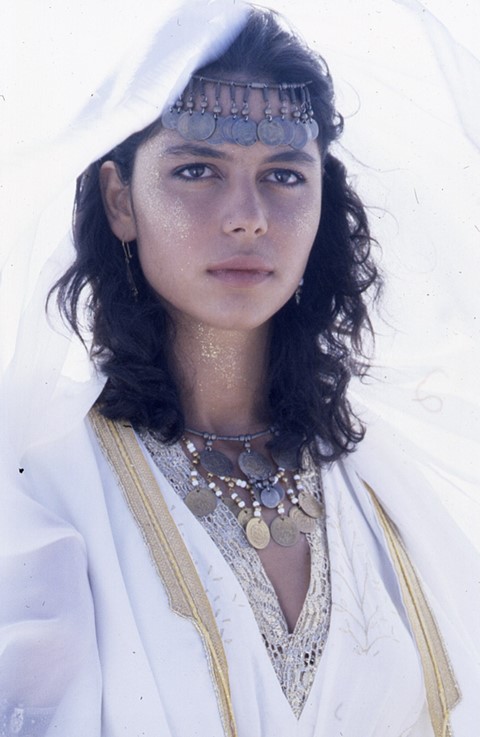Leading Palestinian director Michel Khleifi on his evocative 1987 film that showed another side of the Middle East
“When I was young, I had hair flowing down my back, I used to ride thoroughbreds and do the sabre dance… I was an impenetrable fortress,” a Palestinian woman tells her young grandson, in a scene from Wedding in Galilee. “My grandmother is a fortress,” he whispers with wonder. It’s a scene that hints at the interplay of gender and generations lying at the heart of Michel Khleifi’s sumptuous, 1987 film.
Made at a time when there were virtually no films portraying Palestinian life, Wedding in Galilee is based around the wedding of a young couple in a Palestinian village in Galilee, northern Israel. It’s an exuberant, celebratory day set against the high, trilling ululation of village women, but underpinning it all are tensions among some of the villagers who are angered that the groom’s father has been forced to invite the Israeli military governor and his staff.
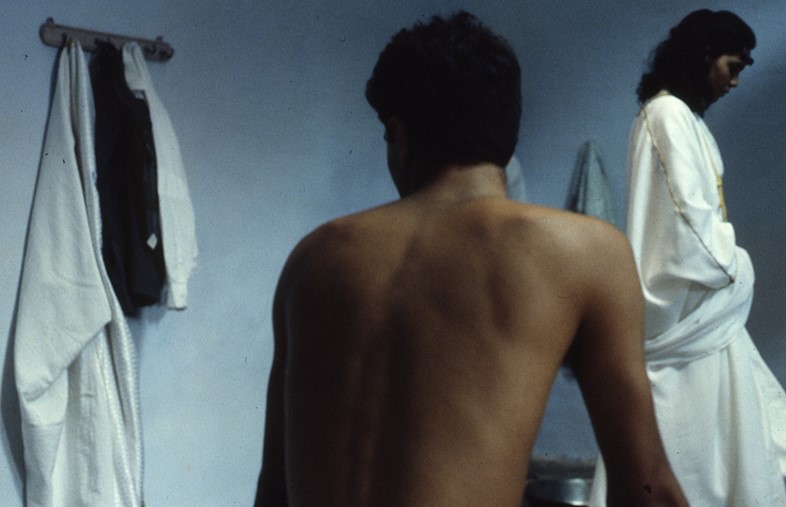
Khleifi’s film is opulent and sensual – the layered robes are richly embroidered, the jewellery is piled on, and revellers sing, dance and chant to the point of falling into trance. The time-honoured rituals are both exultant and sacred, from the bathing of the bride by a circle of singing women, to the young groom setting off through the village in his finery on a decorated horse. In one scene, the bride steps on bunches of ripe grapes, before the groom’s mother sews the new couples clothes together with a white thread, pointing out that the thread has no knots. It’s a celebration that falls outside of the usual curfew imposed by Israelis, and clearly the hopes and traditions of this community are resting on this young couple.
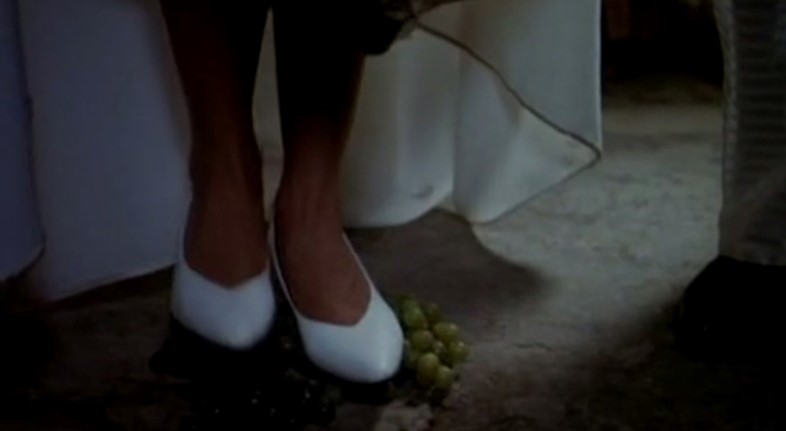
But what makes Wedding in Galilee such an unusual film, is that despite a contentious setting at the frontlines of the Israeli-Palestinian conflict, the film goes beyond the obvious, instead untangling the subtle, complex relationships at the heart of everyday Palestinian life.
From the new bride subverting traditional expectations around the consummation of the marriage, to the playful, possibly senile, grandfather telling the Israeli governor about the long line of invaders that have come before, to a final scene, in which a child runs through the night to finds rest in a field outside the village - in Khleifi’s film, it’s those outside of the traditional tight-knit circle of the male dominated society, who play a vital role binding the community together as well as reminding a new generation of their past and possibilities for the future in these long fought over hills.
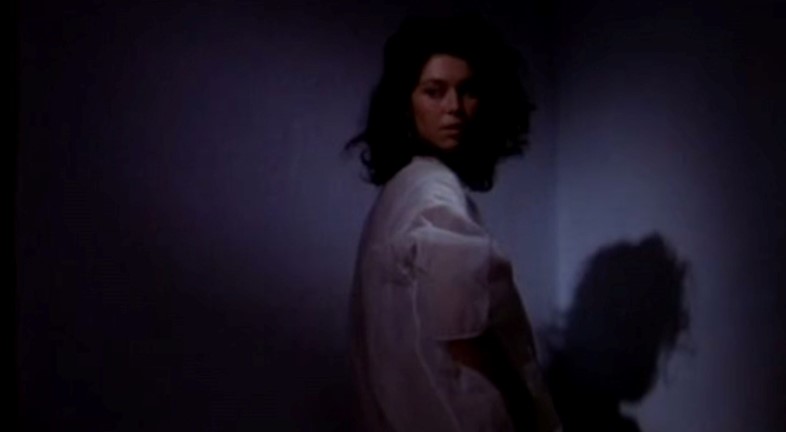
Wedding in Galilee set Khleifi up as a definitive voice of his people. Living in Belgium since 1970, today he teaches at the Belgian film and theatre school, Institut national supérieur des arts du spectacle et des techniques de diffusion. In honour of Khleifi’s 65th birthday, the Shubbak festival, which is currently taking place in London, asked the director to curate a film programme that looks at the representation of Palestinians in European cinema and the struggle for women’s rights. In honour of the retrospective of his work, Khleifi spoke with AnOther about that celebrated film he made 28 years ago.
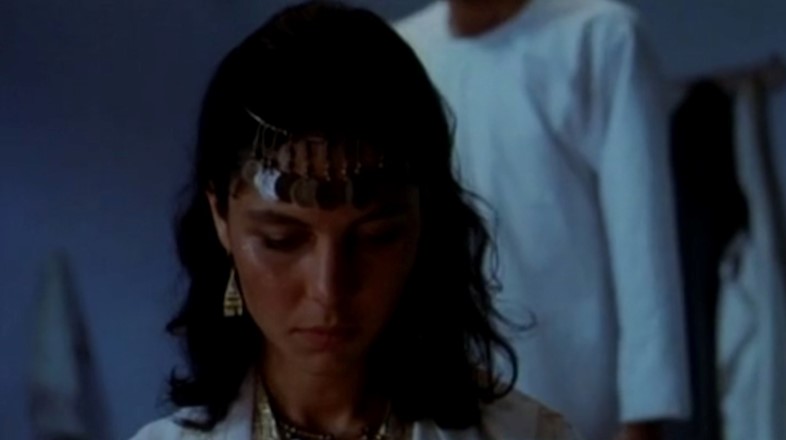
On setting his film within conflict... “It was a film with many voices, executed as an opera that brings the archaic, traditional world and the modern world into confrontation. The situation with the military governors and the village chiefs puts people into a dramatic conflict: confrontation between generations, confrontation between men and women's spaces, and confrontation between the individual and the collective. All of this takes place in a colonial situation, under Israeli domination.
On Palestinian women… “Here, women take all the splendour in finding the elements and the necessary acts (for instance, on the wedding night) to finally make the people the only winners when they are confronted with different structures of repression.”
On the film’s ongoing controversy… ”The film remains forbidden in many Arab countries and still creates controversy wherever it is. But that doesn't stop it from being fascinating to those who see it.”
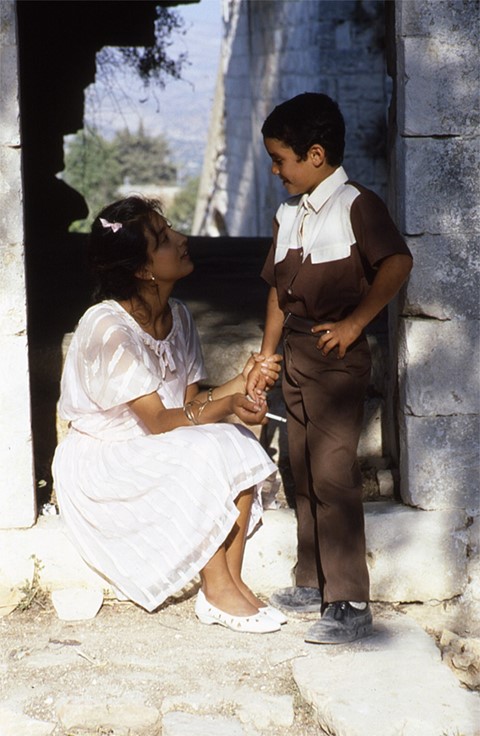
On slow change in the Middle East… “As for the Palestinian people, since the film there has been Oslo, the Palestinian authority, etc, but the situation in the Middle East, including the Israel and Palestine, are not seeing happier days. Fertile Memory and Wedding in Galilee were created during the peak of antagonisms and confrontations. As they say, the old world doesn't want to die and the new world is taking its time to be born – and so it produces wars that seem endless, but I hope they are the indicative of necessary change in the region.
On being in exile… “Two great authors of the 20th Century, Bertolt Brecht and Jacques Derrida, came to the same conclusion on this matter: the exile is a dialectic individual par excellence. He is outside and inside of his original and of his adopted society, meaning he can only think in rational terms about life, its structure and its institutions, and as an individual he is always in a dynamic of relationships between the individual and the collective. So being an exile could be an opportunity or saving grace for the soul, but most of all it is vast terrain for creation. To be far from loved ones and loved places can only make this love grow greater.”
